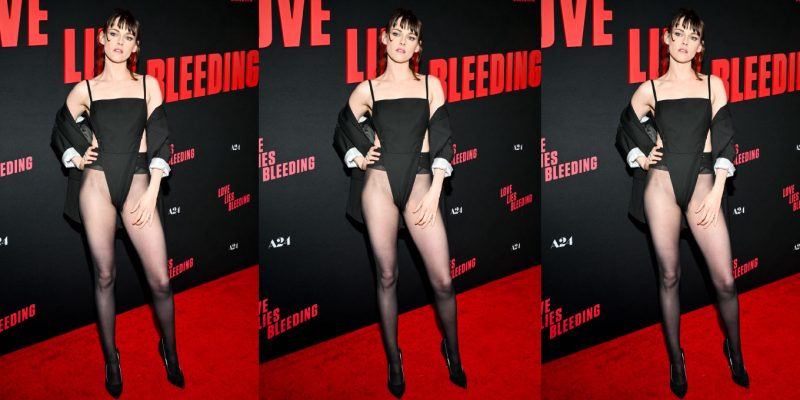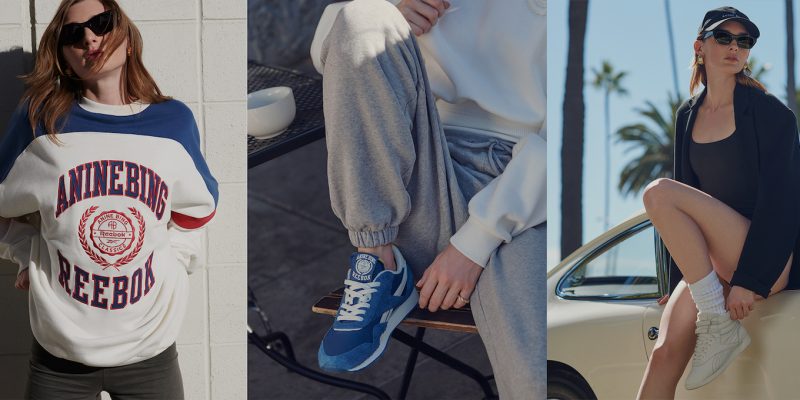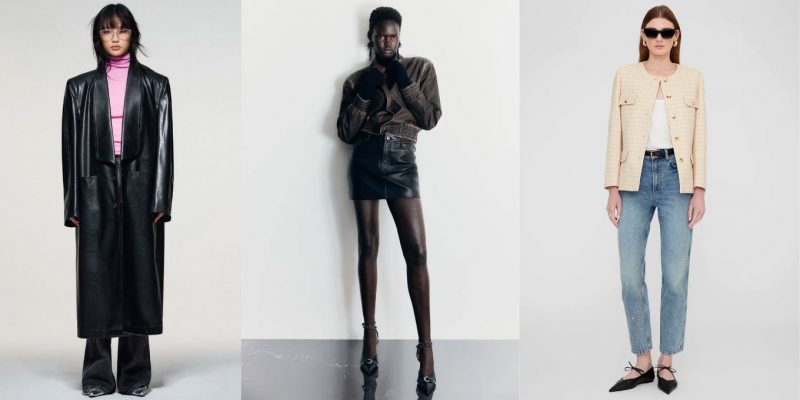Fashion
Phoebe Philo's World Is Filled With Fervour—And Controversy
After a nearly-six-year hiatus and despite almost legendary levels of privacy, Phoebe Philo has once again found herself in the spotlight.
by : Marouchka Franjulien- Mar 18th, 2024
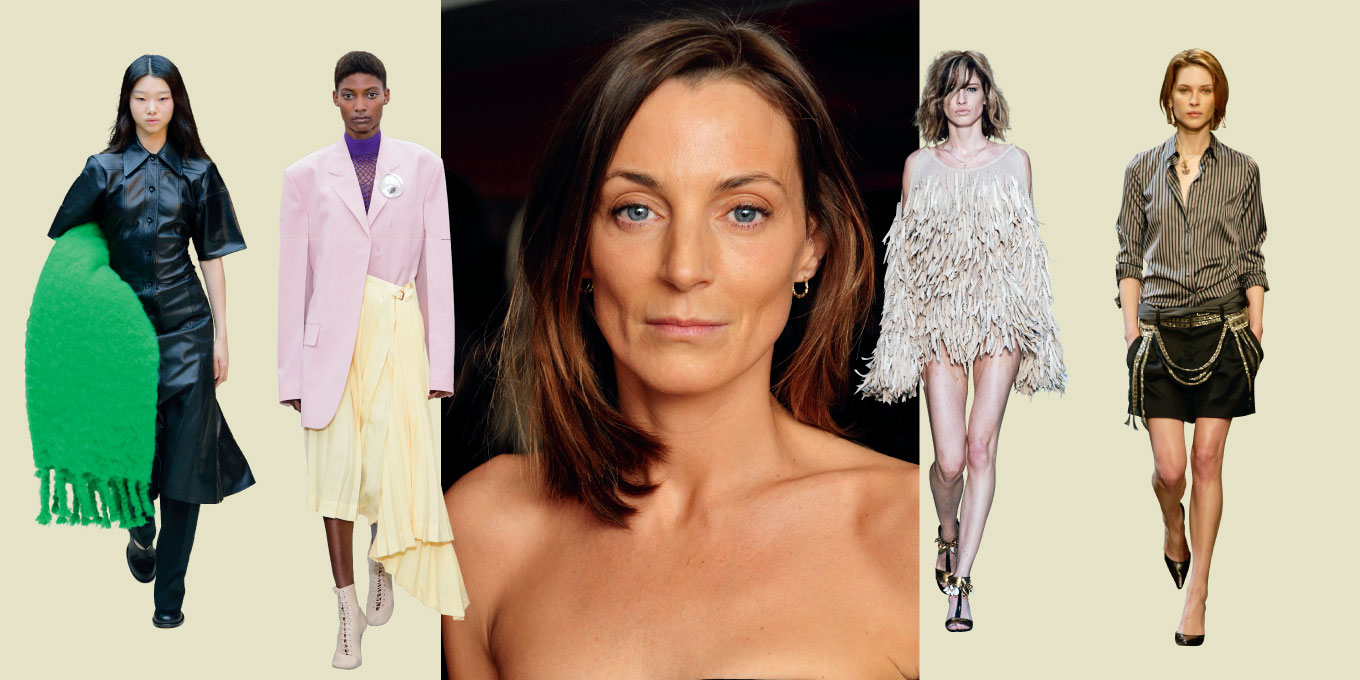
Getty Images
After a nearly-six-year hiatus and despite almost legendary levels of privacy, Phoebe Philo has once again found herself in the spotlight. In September 2023, the former Celine designer announced the October drop of her eponymous label. The occasion didn’t call for pomp and circumstance, though; nor was a runway presentation in order. Besides, the spring/summer 2024 fashion shows had ended three weeks prior, meaning the glitterati would have to settle for a subdued—and open to the public—setting in which to view and purchase her first anthology collection, or “edition” in Philo terminology: the internet.
Launched on phoebephilo.com, the rather succinctly titled A1 edition comprised 116 garments and accessories. It took only five hours to sell out half the items, including a hand-knit dress with iridescent sequins going for about $26,000. Within a mere eight minutes, every single $6,000 sterling-silver MUM necklace had been sold. The world of luxury has always been built on a foundation of exclusivity, but such eye-popping price tags—an unusually risky choice for a new brand—came as a shock, even to Philo diehards. Their surprise, however, quickly yielded to fervour. Since Philo’s 2017 exit from Celine, legions of fans—self-styled “Philophiles”—have been chomping at the bit, awaiting the return of the designer’s effortless elegance and signature minimalist style.
CHLOÉ YEARS
Philo was born in 1973 to British parents in the suburbs of Paris and later went to the prestigious London fashion school Central Saint Martins. In 1997, a year after she graduated, she joined French luxury-fashion house Chloé as an assistant to Stella McCartney, who had just been named creative director. After McCartney’s 2001 departure, Philo took over and immediately put her own stylistic mark on the brand. Falling somewhere between confident femininity and natural assertiveness, her pieces brought a modern, sleek, bohemian breath of fresh air to Chloé. Sales went through the roof, and Philo was named Designer of the Year at the 2004 British Fashion Awards. A year later, she debuted the Paddington—her first It bag—heralding many more much-loved accessories thanks to her innate ability to know what women want before they want it.
Success naturally followed, but the designer had her sights set elsewhere; pregnant with her first child in 2005, Philo chose to take maternity leave. In a male-dominated industry that values a constant and frantic output to keep up with new trends, such a career move was almost unheard of. The world of fashion didn’t stop spinning without her, but Philo had other priorities, and after a year-long break, the creative director quit Chloé to dedicate more energy to her family. Many people in her shoes would have feared oblivion and being replaced by yet another male creative director, but Philo—the embodiment of the liberated woman she unleashed on her runways—operated on her own frequency.
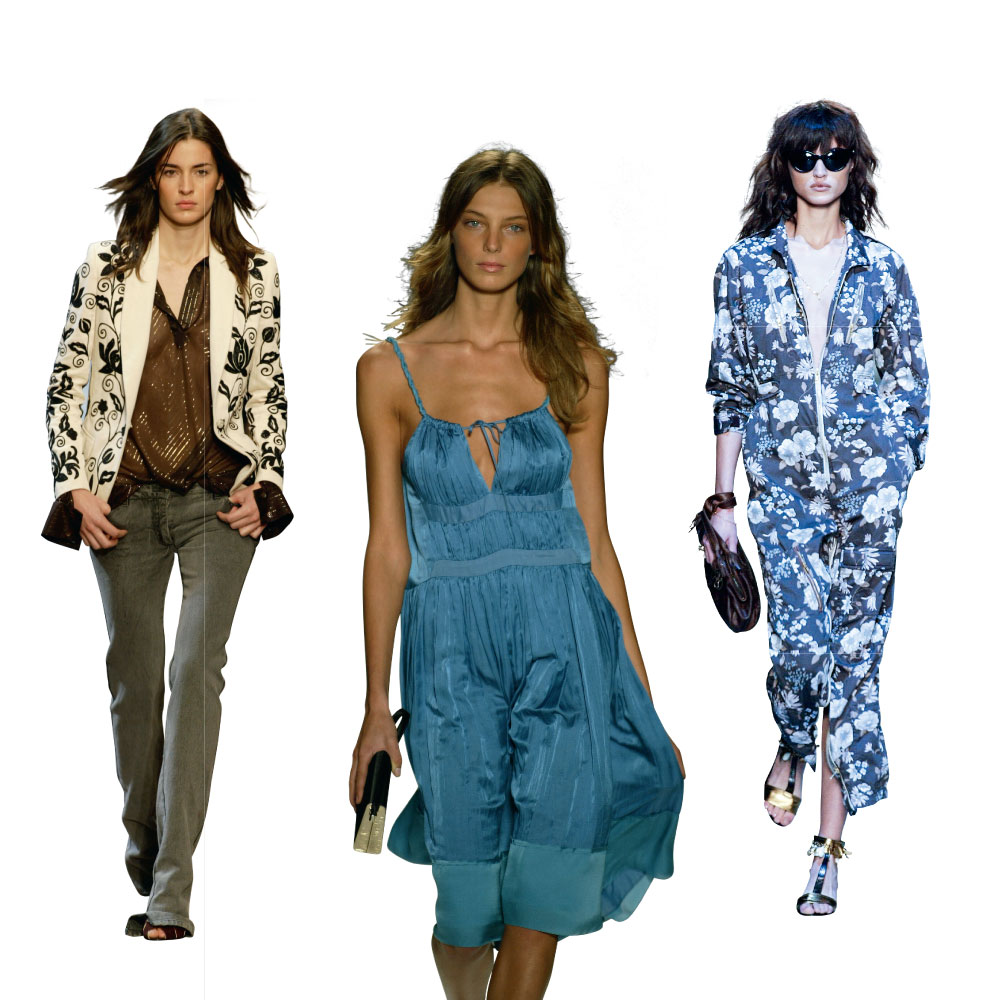 Getty
GettyCELINE ERA
Prior to Philo’s arrival, Celine was in a tough spot, struggling to regain its footing after Michael Kors’ 2004 departure. Fortunately, Bernard Arnault, the boss of its parent company, LVMH, had a fabulous idea: hire Philo. She accepted but, having recently given birth to her second child, only on the condition that she could work out of London instead of Paris so she could stay close to her family. Named Celine’s creative director in 2008, Philo launched a new collection in June 2009 and held her first runway show for the spring/summer 2010 season. The mood was minimalist, bold and focused, with impeccably proportioned garments that tapped into a subtler colour palette, mirroring the designer’s own journey from Chloé’s bohemian party girl to a grown-up, strong, sophisticated woman. The reception was nothing short of glowing.
Seasons came and went, but the tone was set: The avant-garde pieces crafted by the designer were meant not merely to seduce but to fully inhabit daily life—and shake up the status quo. Philo’s Celine style was anti-logo and anti-trend but also in conversation with the zeitgeist, drawing in crowds like a fashion-forward bea- con. The designer had carved out an enviable position for herself; she continued launching a plethora of It bags—the Classic, the Luggage, the Trapeze—and increased brand sales fivefold between 2008 and 2018. Everything Philo touched turned to gold, elevating her to a new industry status.
Then, after she had spent 10 years at the top, news of her departure sent shock waves through the fashion world. Distressed Philophiles said their au revoirs in stores, desperately trying to get their hands on the final pieces of the Philo era. At Celine, she had categorically refused to do any interviews, so all that was left was the @oldceline Instagram handle, which longingly reviewed the artist’s most iconic creations, while brands like The Row, Khaite and Victoria Beckham attempted to fill the minimalist void. Her proteges—namely, Daniel Lee (of Bottega Veneta and, later, Burberry), Peter Do (Helmut Lang) and Rok Hwang (Rokh)—gained in prominence but still could not seem to fill her imposing shoes.
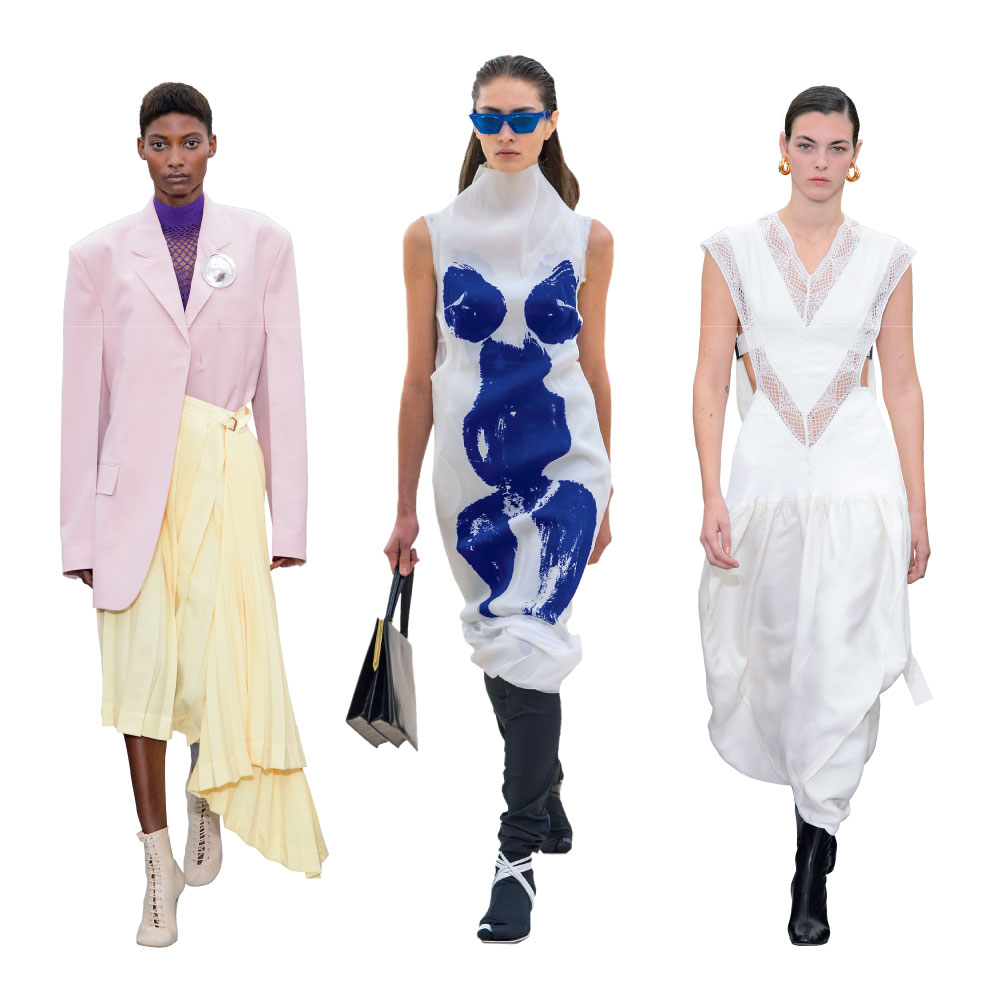 Getty
GettyA FRESH START
Philo’s silence, however, didn’t last forever. In 2021, she announced her return and the launch of an eponymous brand of clothing and accessories. Where other designers might feel compelled to act on the buzz right after a news drop, Philo took a beat—two years, to be exact—but the results were worth the wait. Her new label (of which LVMH is a minority owner) doesn’t eschew the aesthetic that first rocketed the designer to cult status—in fact, quite the contrary. Philo fully owns and builds on it. The Philo signature is totally present—notably in her impeccably cut pants, which hit all the right places—yet nothing feels rehashed. At first glance, the collection is a smash hit. However, there are cracks in Philo’s can-do-no-wrong image. There are, of course, the sky-high price tags, which took everyone by surprise, but accusations of racism are what really took centre stage. The fashion industry has a nasty habit of forgiving and forgetting when it comes to stars like John Galliano and Dolce & Gabbana, but the guardians of the web have an elephantine memory.
While at Celine, Philo didn’t feature a single Black model on the runway until Iman—model, co-founder of the Diversity Coalition and wife of David Bowie—called her out on her flagrant lack of diversity in 2013. Privately, Philo was quoted as asking whether she would be “forced” to use Black models. At Celine, however, it seemed that the message had been received, and as of spring/ summer 2014, the monolithic whiteness was toned down for a tepid, seemingly contrived heterogeneity.
Today, Philo’s model muse, Daria Werbowy (who’s Canadian), is back, and it seems the designer has recalled Iman’s input, as she’s employing more inclusive casting practices. Yet on X (formerly Twitter), stylist and Vogue fashion writer Gabrielle Karefa Johnson made an oh-so-pertinent statement: “Imagine launching a brand in 2023 without embracing size diversity.” Philo’s garments—displayed exclusively on svelte models—go up to L or maybe XL, like so many other luxury labels. For an avant-garde designer who enjoys the privileged position of making and breaking the rules, Philo’s flagrant disregard for body diversity could eventually relegate her to has-been territory. Only time—and the spring/ summer 2024 A2 edition—will tell.
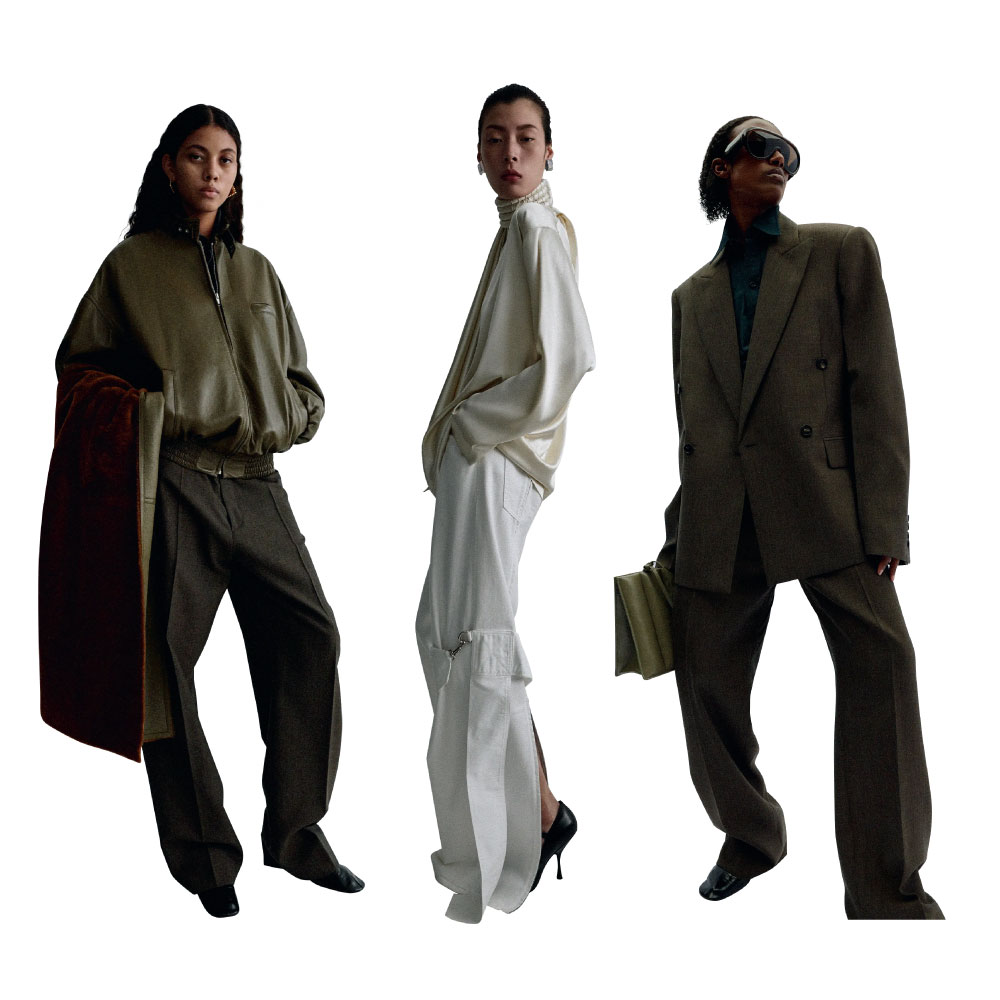 Getty
GettyNewsletter
Join our mailing list for the latest and biggest in fashion trends, beauty, culture and celebrity.
Read Next
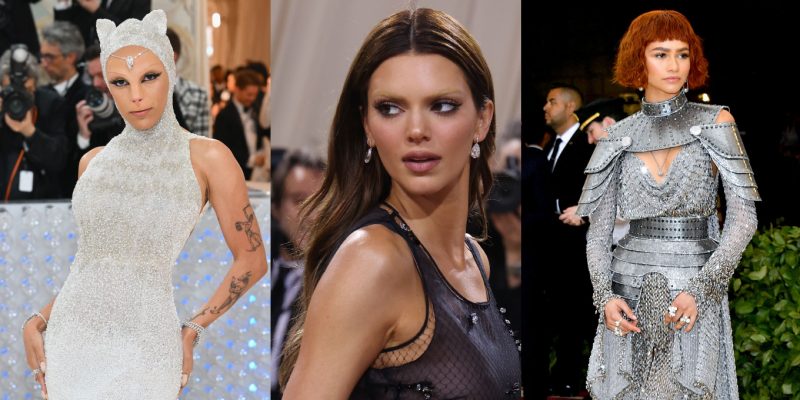
Beauty
The Best Met Gala Beauty Looks Of All Time
From Taylor Swift's 'Bleachella' era to Rihanna's iconic 2011 braids, meet the best beauty moments in Met Gala history.
by : Katie Withington- Apr 26th, 2024
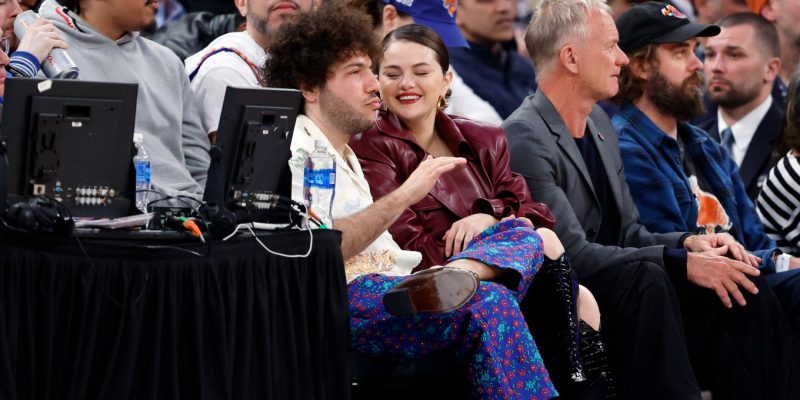
Culture
Benny Blanco Says He Fell in Love With Selena Gomez Without ‘Even Noticing’ It
Allow Benny Blanco to tell the straight-from-a-rom-com story of how he realized his feelings for his girlfriend and longtime friend.
by : Alyssa Bailey- Apr 26th, 2024

Culture
This University Elevates Women to New Professional Heights
You shouldn’t have to pause your life to move forward in your career.
by : ELLE Canada- Apr 16th, 2024

